|
The present tense, when used to describe events in the past, seems to provoke much debate. John Humphries, on Radio 4's Today Show recently, was harrumphing and getting all hot under the collar with indignation at the whole idea of it, whilst historian Kate Williams was bravely defending a mode that, she suggested, lends the past an appealing immediacy. As a bit of a grammar nerd I was delighted at the idea of a whole debate on national radio, on what most might regard as a somewhat dry subject. As an historical novelist who most often writes in the present tense, I have come up against the nay-sayers on more than one occasion. One reviewer commented upon my audacity at daring, as a not overly literary writer, to use the 'Mantelian' present tense, which raised a a chuckle. Many other writers have used the present historic to great effect. The present tense is the mode of drama, it is the mode of conversation, so why not too, the mode of story telling? There are obvious reasons why it works in historical fiction where the protagonist's fate is usually well known. Even if the reader is aware of the outcome, there is tension and drama in that the character is not. Philippa Gregory uses this effectively in The Boleyn Inheritance when Catherine Howard is about to be carted off to the Tower. She still believes she will be pardoned when her uncle Norfolk comes to tell her she is to die. 'You should acknowledge your sins, and ask forgiveness,' he says promptly. This moment, filled with dramatic irony, simply wouldn't have the impact or poignance if written with hindsight. And indeed, how does one write a first person past tense account of someone who is about to die, and get away with it? But then again, anything is possible in fiction if you can make it work. This example is of a straightforward use of the present historic, but there are writers who use it to create layers of meaning in a text. Take Sarah Waters for example: I do not know who cries it, she or I: I reel away unnerved. But in the second I have her skin between my fingers, my own flesh leaps in a kind of relief. I shake horribly for almost an hour. This quote from Fingersmith, illustrates the intensity and immediacy of the present. We inhabit the flesh of narrator Maud as it 'leaps' and trembles, and we are able to observe her watching Sue, who is not party to what the reader and narrator know. We are drawn into the plot as we are on the inside of Maud's narration. Waters has used both present and past tenses to tell this story. Sue, the sly cockney girl relates her part in the past. This seems to be an inversion of our expectations; wouldn't a girl like Sue employ the more casual tense of the raconteur? But the past is the knowing tense, and Sue knows, or thinks she knows, exactly what is going on. Maud's narration is told in the moment, as if without hindsight. Again there is an oddness to it; Maud is a refined girl employed to read to her uncle and surely more suited to the formality of the tense of literature. Waters's subterfuge is clever here because, as it turns out, neither girl is what we first think and so the tense they narrate their stories in works as a key to our overall understanding. But the action is almost subliminal because, if the writing is good enough, the reader, lulled into the voice and world of the novel, loses awareness of the tricks perpetrated by the author. Fiction is, by its very nature, a deceptive art and writers have only a limited number of tools at their disposal: mostly grammatical; so the use of tense is crucial to the crafting of a novel. To simply use the past tense because we are recounting past events is missing the point. after all, any narration is necessarily describing past events, even if they happened only a few moments ago. Novelists are creating an artificial world and how better to bring the distant past, its sounds, smells, textures, the inner worlds of its inhabitants, to life, than to speak of it as if it's happening now. The aforementioned Stephan Zweig moves between tenses like a conjurer. In Beware of Pity he introduces his story in the voice of a kind of faux author; a writer who encounters a man, a so called, 'historically authentic hero,' Hofmiller, in a cafe. The story is then told as if from Hofmiller's mouth, going back in time twenty years, and shifting in an apparently casually conversational manner between past and present tense: So one afternoon – it must have been the middle of May 1914 – I was sitting in the cake shop with one of my occasional partners...We had long ago finished playing our usual three games, and were just idly talking about this or that... but the conversation was drowsy, and as slow as the smoke from a cigarette burning down. This is exactly what happens when people tell stories, they slip back and forth from the now to the then. But beneath this appearance of veracity lies a device that manipulates the tone of the piece. We are with the narrator in his provincial town, in his state of lassitude and boredom and something happens. The girl is literally a breath of fresh air, she brings the excitement of possibility with her, we are jolted out of our torpor into the moment. Indeed the appearance of this girl heralds the true beginning of Hofmiller's story. Zweig is using this mode of story telling to enhance our experience of the atmosphere in which our narrator exists. It is a beautifully conceived trick, hidden behind the guise of an 'authentic' raconteur's voice.
It is sometimes said that the 'fashion' for the present tense is the result of the ubiquitous Creative Writing MA, with the suggestion that it is the preferred tense of such courses. This is nonsense of course, the use of the present tense is more a natural progression of Modernism, via authors like Zweig, in which writers strive to build ever more convincing worlds and climb further into the minds of their characters. So it could be seen as a contemporary style, and let's not forget that even historical fiction is contemporary fiction. John Humphries can harrumph all he likes, I'm most definitely in the Kate Williams camp, and firmly believe it is a shame to prescribe and limit modes of storytelling. I'm most interested to know your views...
8 Comments
|
Subscribe to Elizabeth's quarterly newsletter below:Archives
June 2018
Categories
All
|



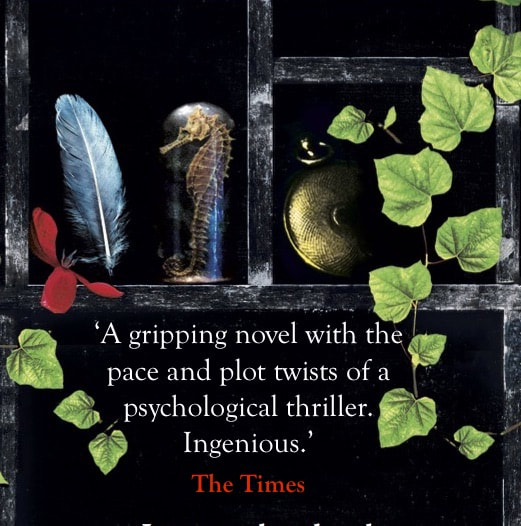
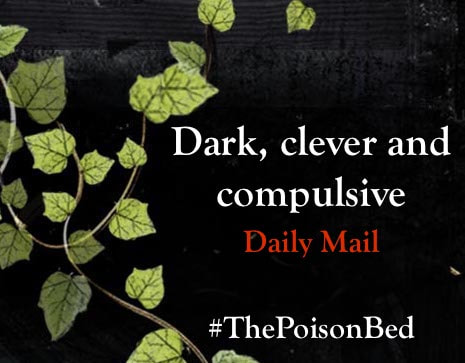
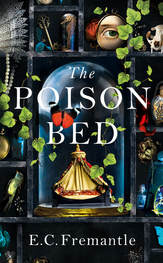
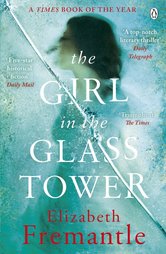
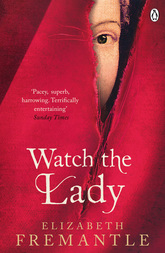
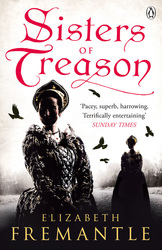
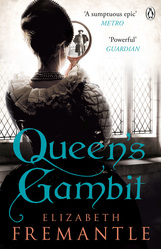
 RSS Feed
RSS Feed
